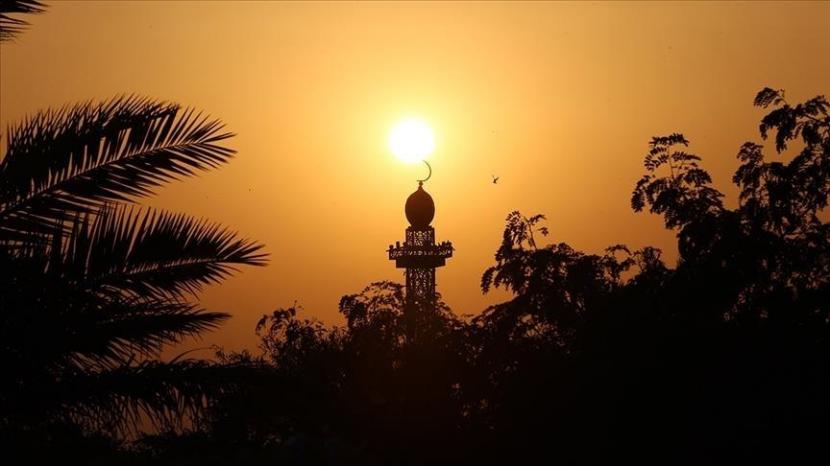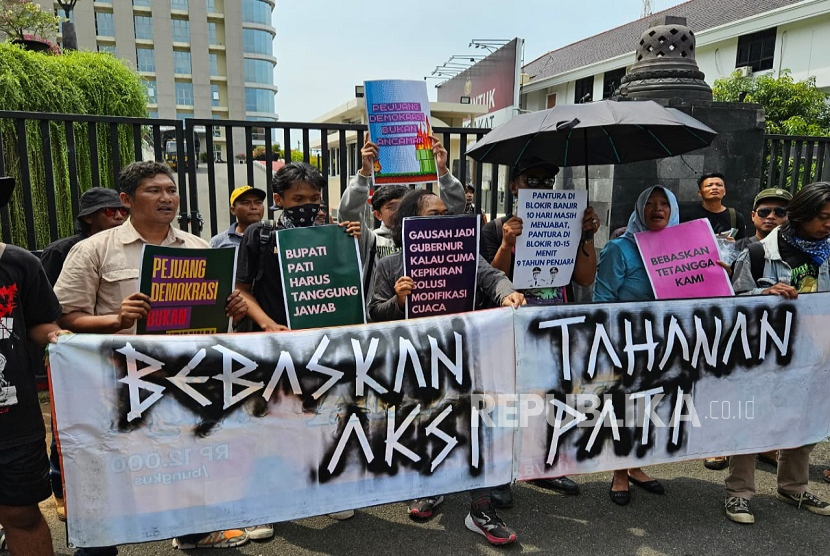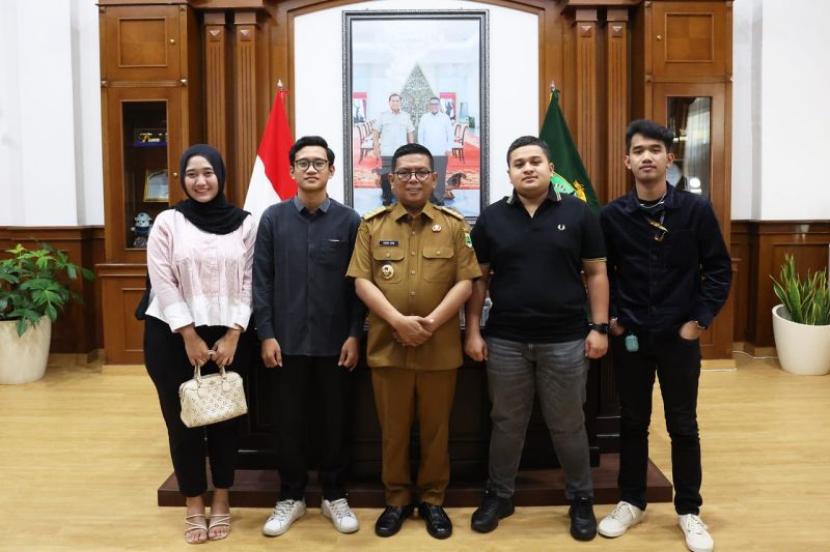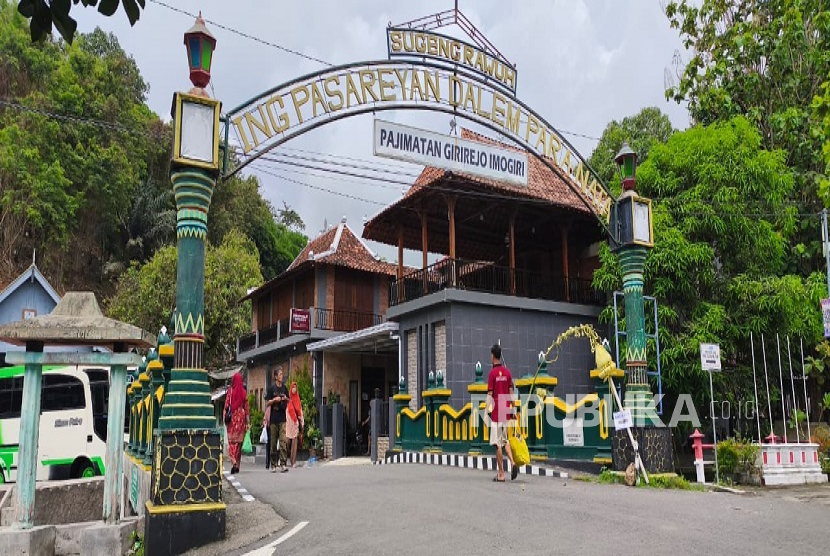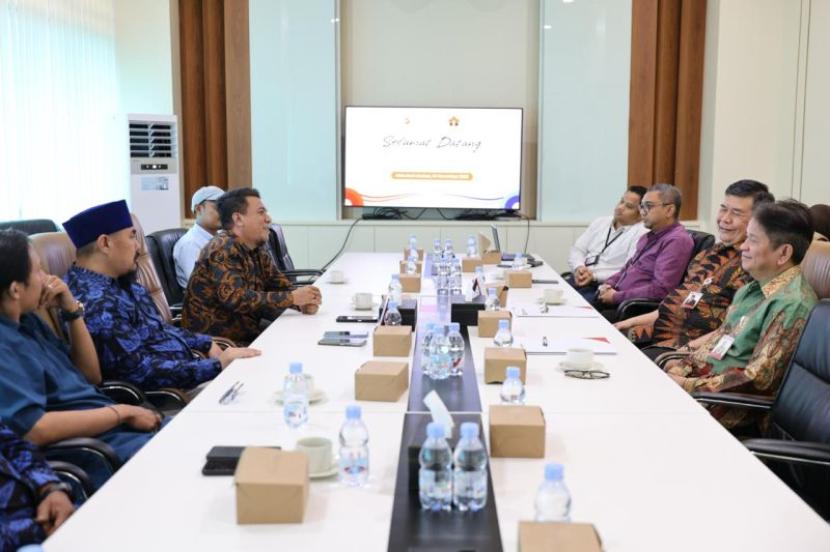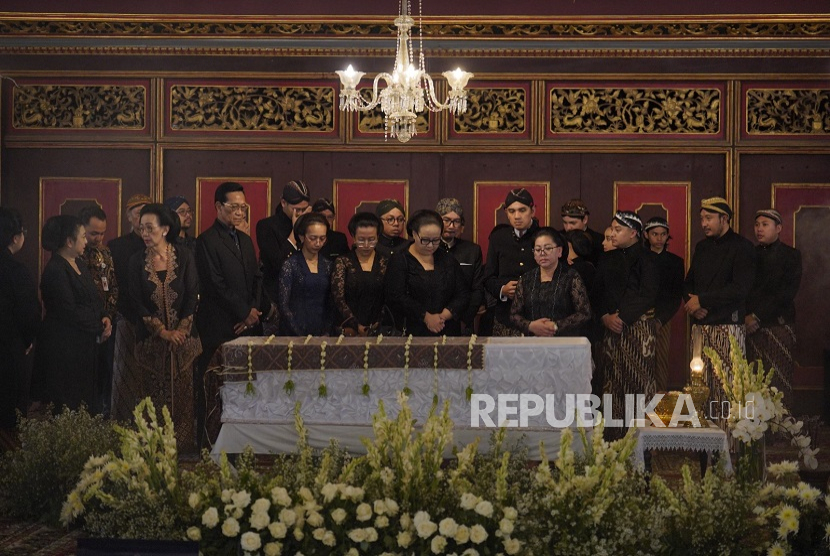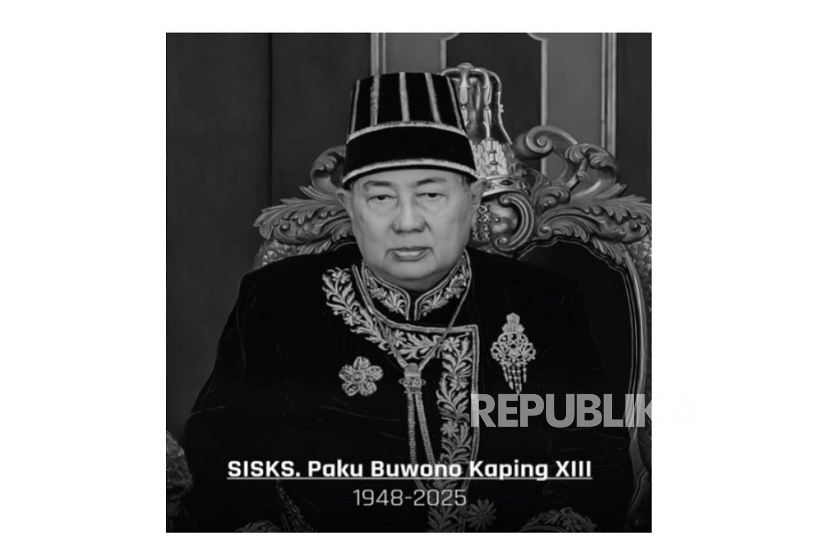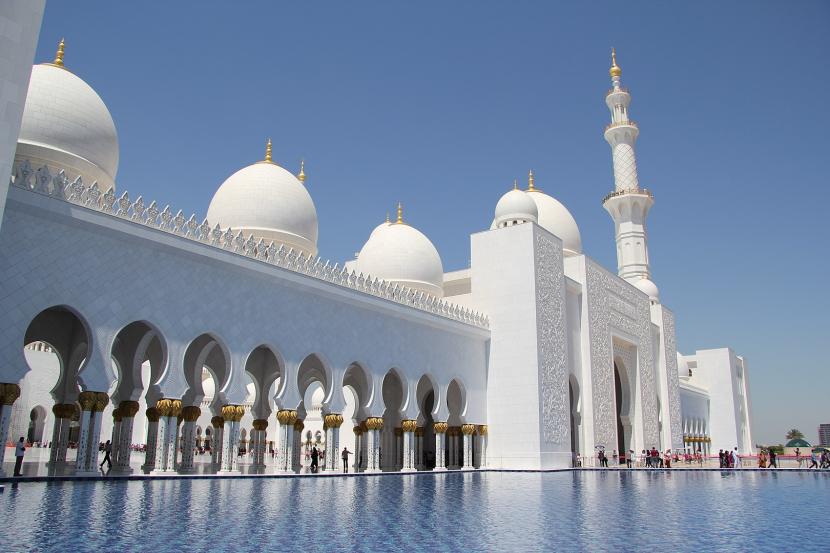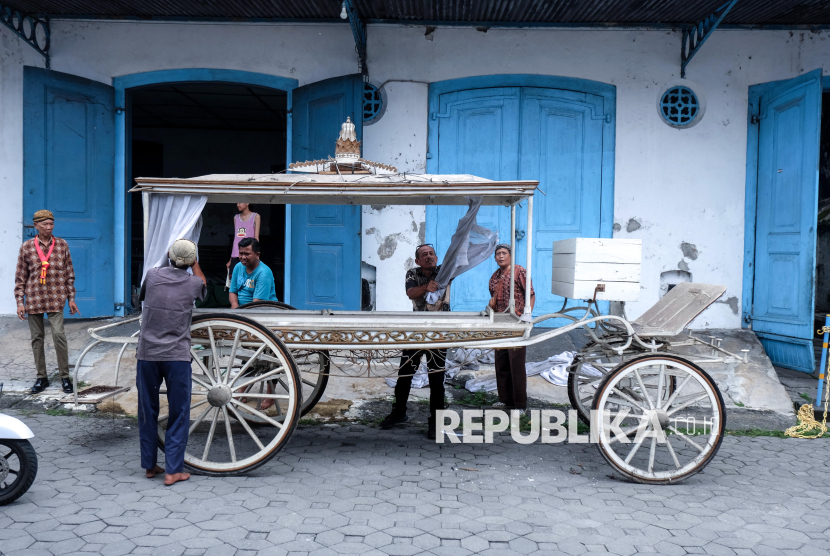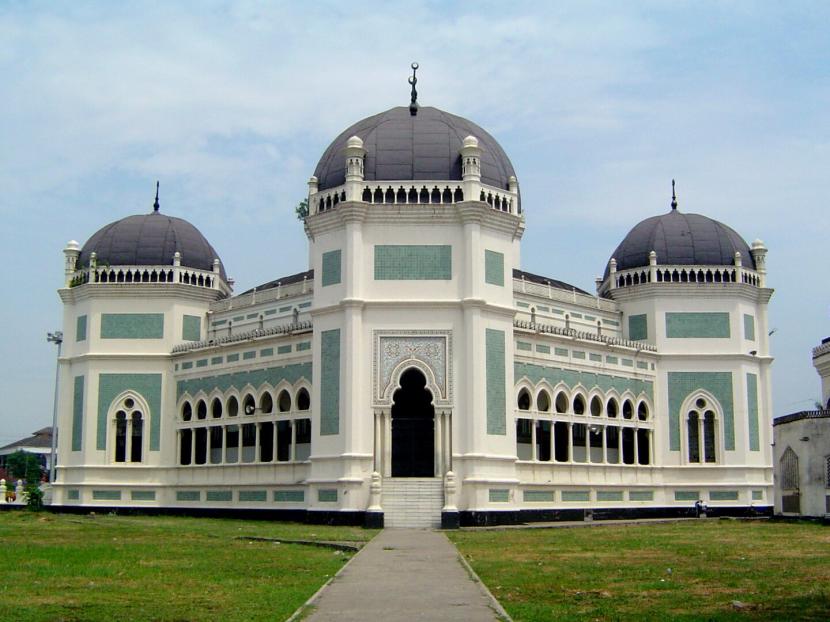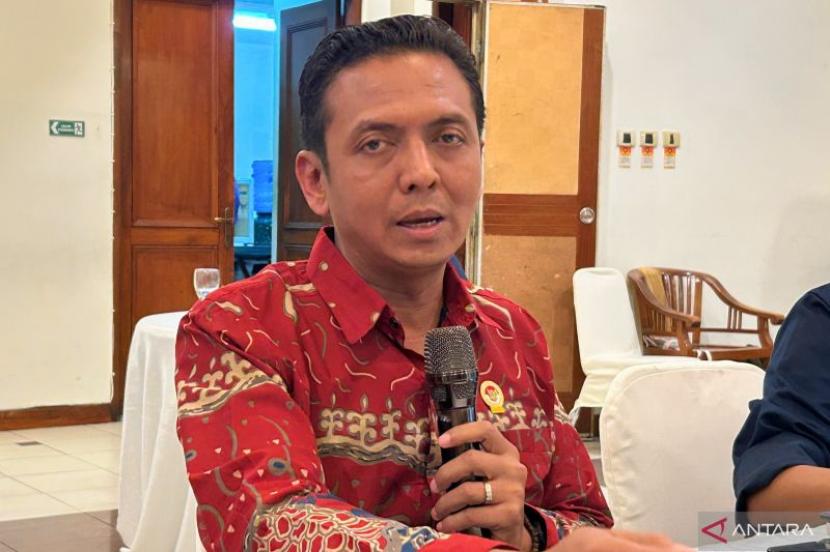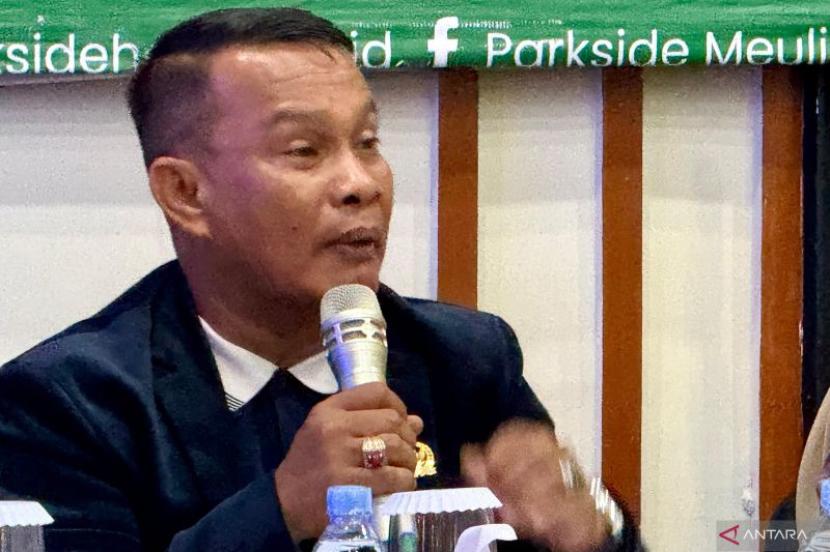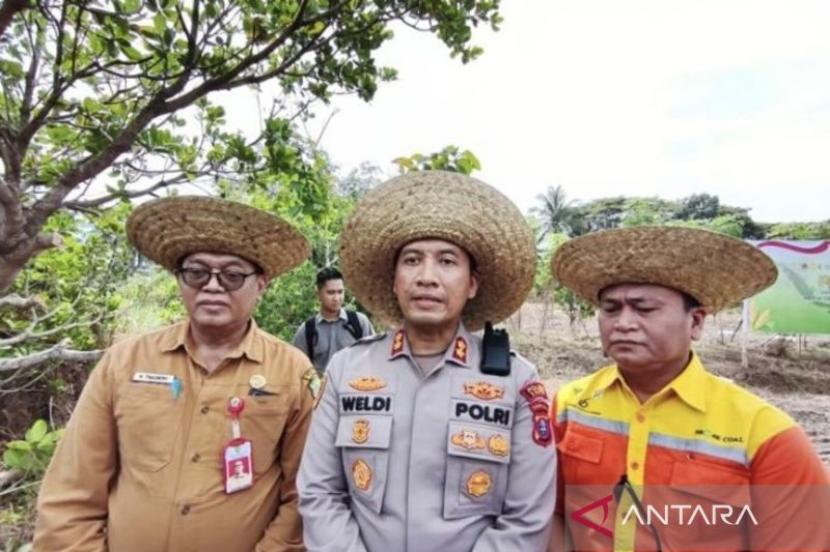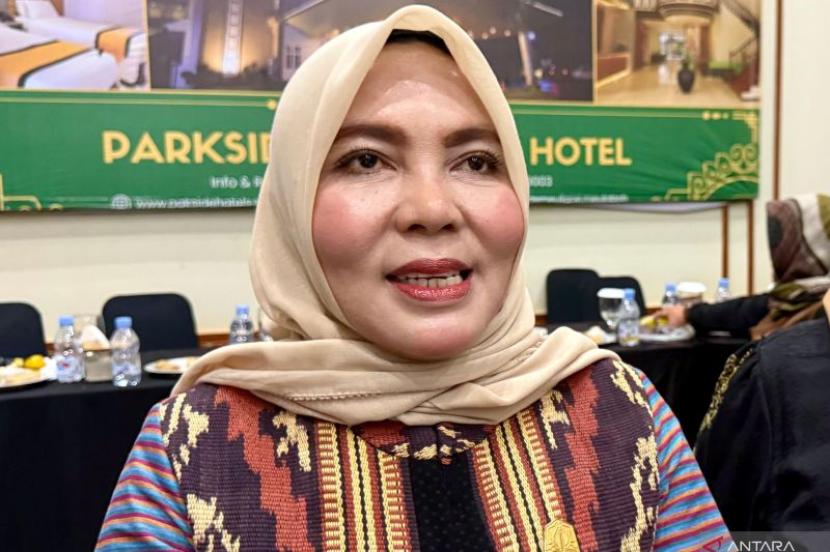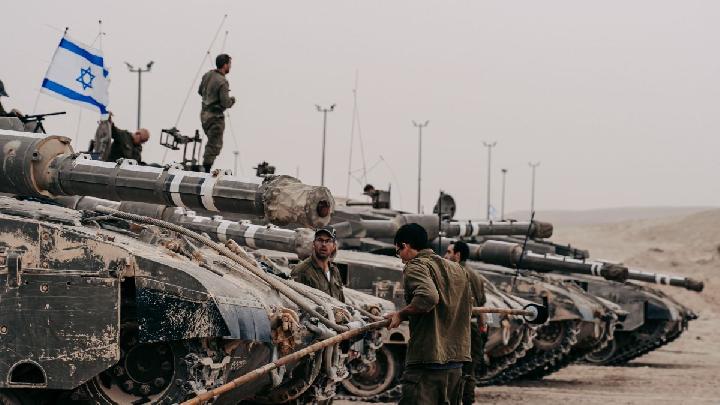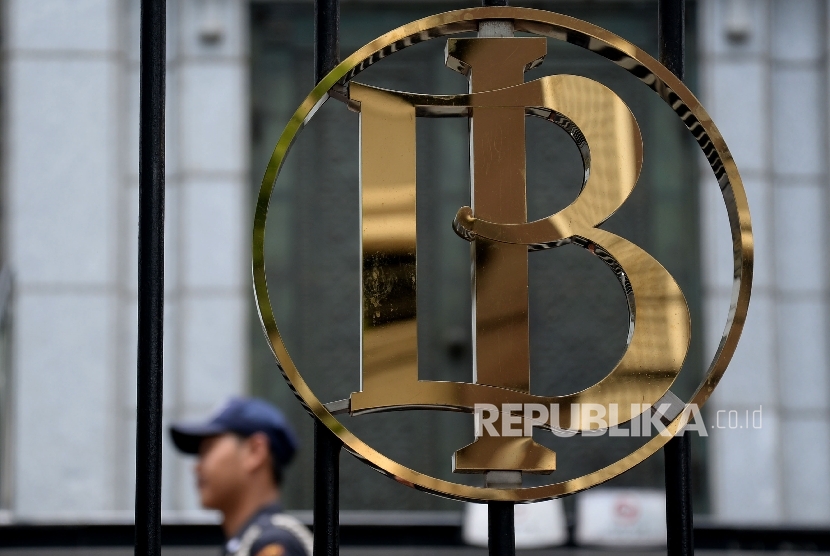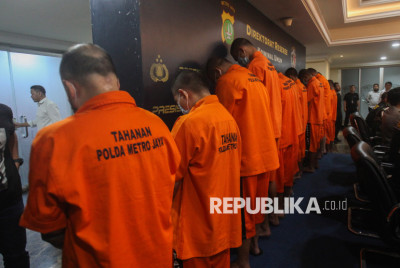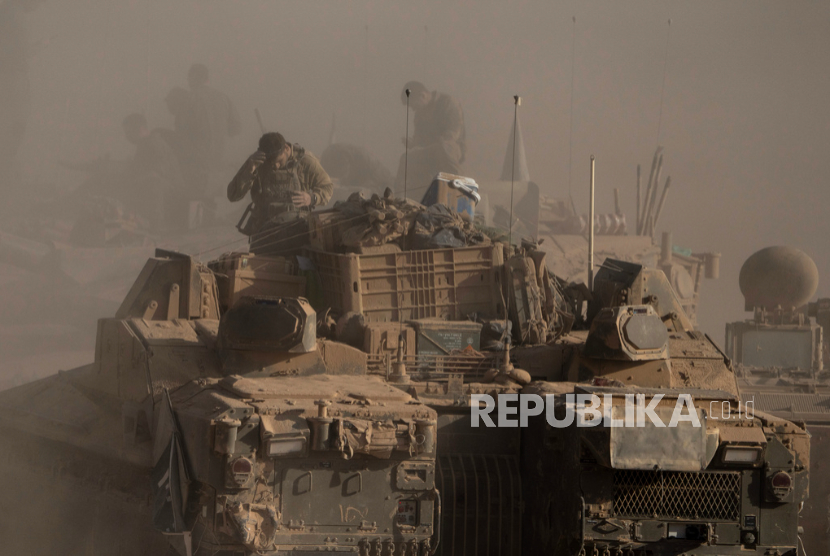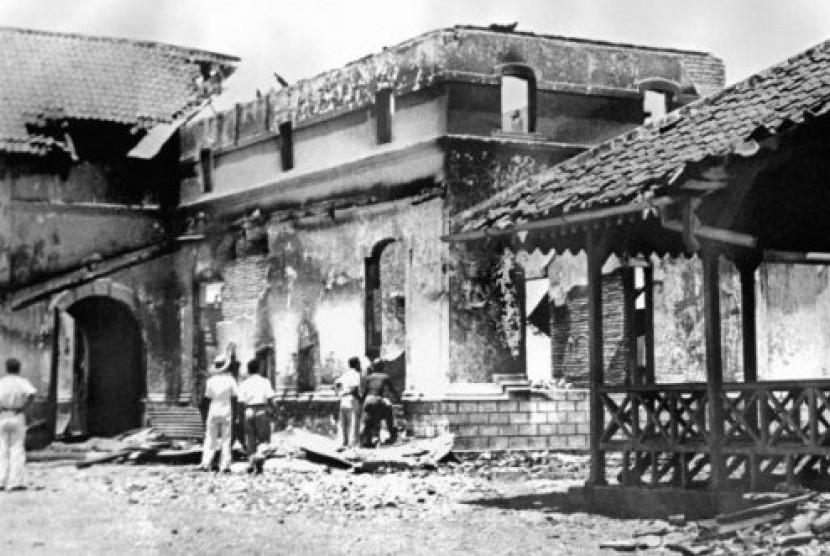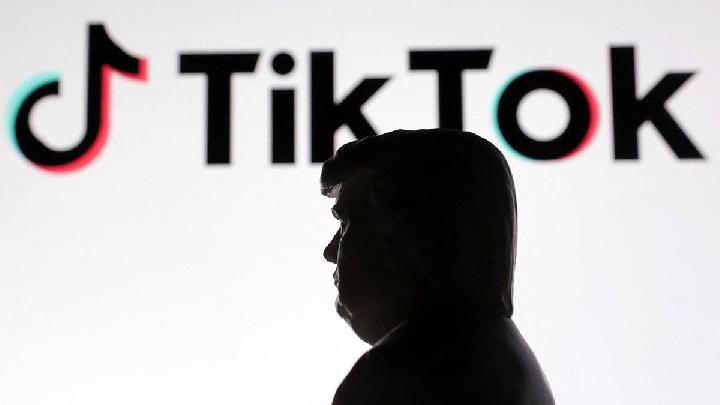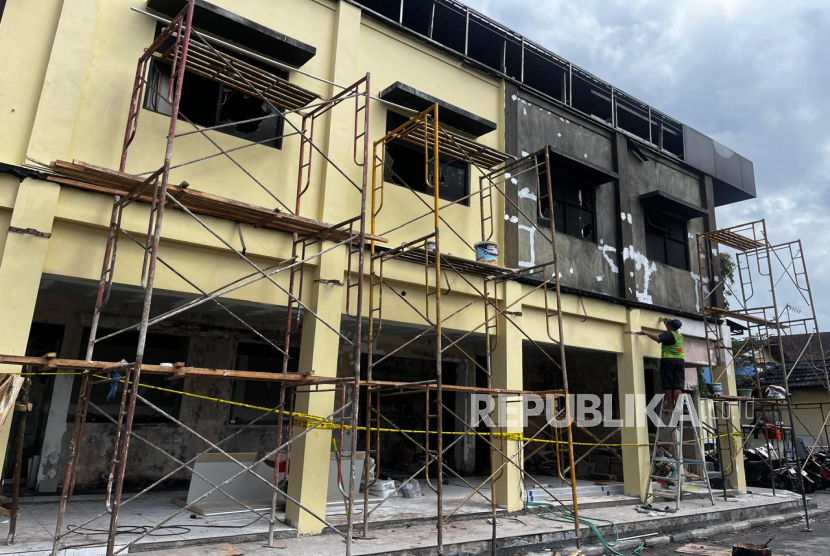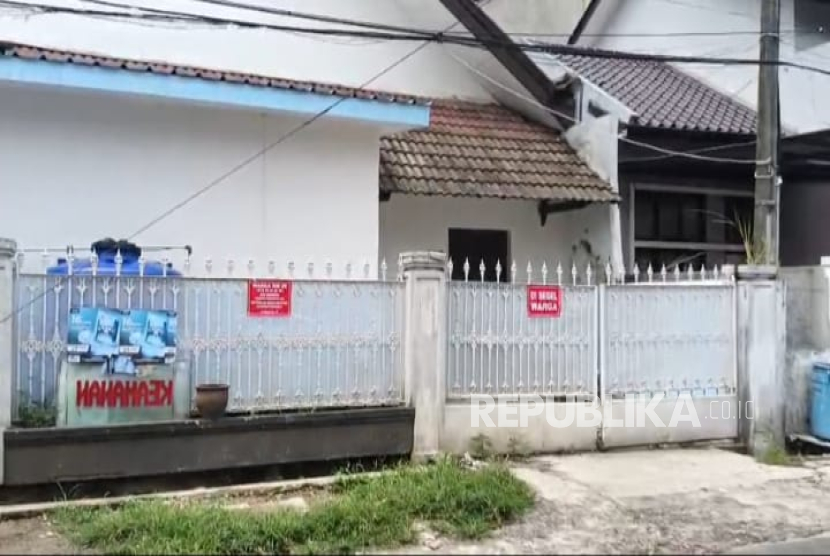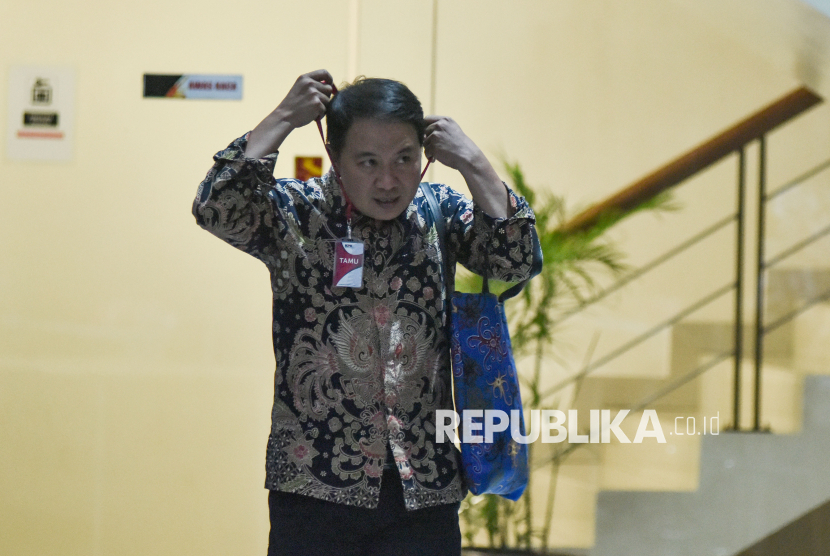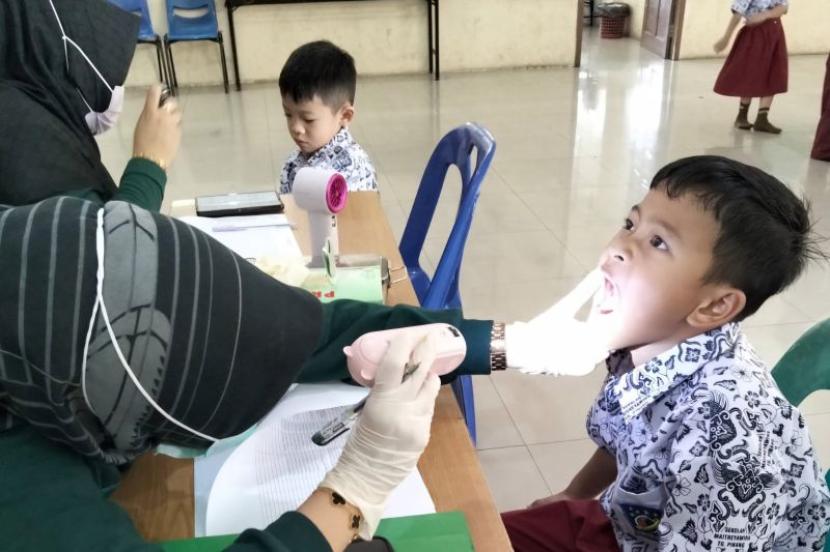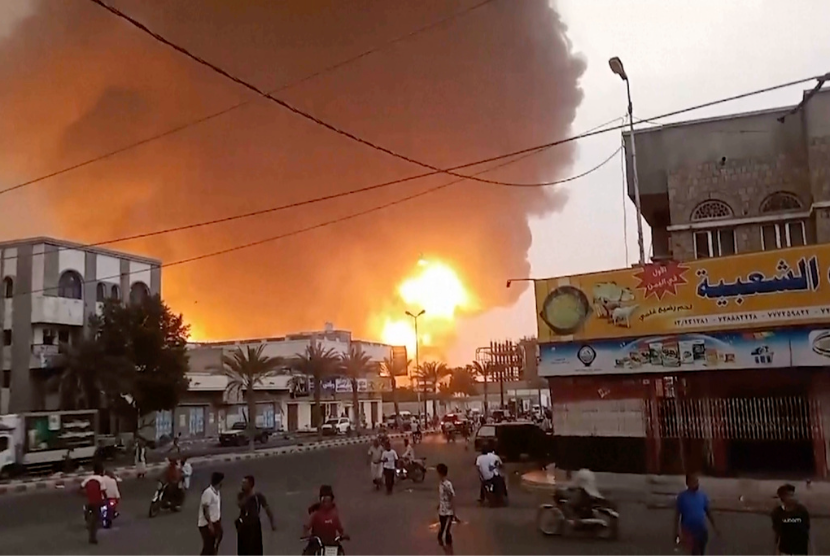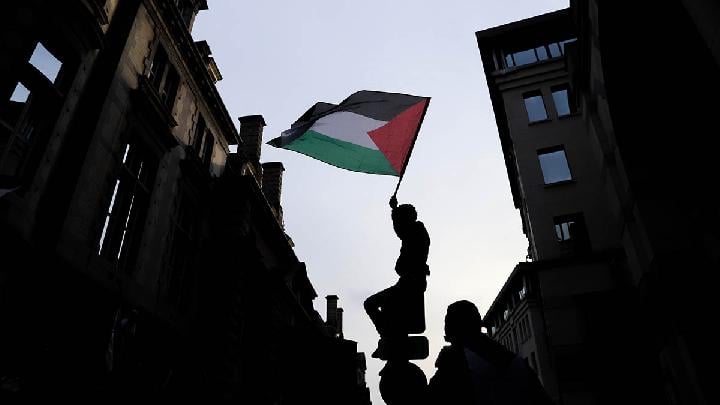TEMPO.CO, Jakarta - Israel's genocidal war has made Gaza one of the deadliest environments for journalists in history. Reports from the Palestinian Journalists Syndicate revealed that before October 2023, more than 1,500 journalists worked in Gaza.
However, since October 7, 2023, at least 238 people have been killed by Israeli forces, more than 500 have been injured, and almost all have been displaced after losing their homes due to bombings, as reported by The New Arab.
Sunday night in Gaza City turned into another massacre for journalists, as Israeli airstrikes targeted a tent used by reporters outside the Al-Shifa Medical Complex. Six journalists were killed instantly—five of them worked for Al Jazeera, including renowned correspondents Anas al-Sharif and Mohammed Qreiqea.
What's Israel's Justification for the Killings?
The Israeli military openly admitted to targeting al-Sharif, accusing him of being a member of Hamas, their go-to justification to attack journalists in the Palestinian enclave.
This is a pattern repeatedly used by Israel when targeting journalists, who have played a vital role in exposing the reality of the conflict and human rights violations the Israeli forces committed in Gaza. Accusations against al-Sharif were strongly refuted by Al Jazeera and other international bodies, underscoring that journalists are civilians and must not be targeted under any circumstances.
Israel's allegations against journalists, such as labeling them as spies or combatants, alongside its military actions targeting media personnel in Gaza, have serious implications for press freedom in conflict zones.
These actions contribute to an environment of censorship, intimidation, and violence against journalists, undermining their basic rights to report freely and independently in war zones.
Implications of Journalists' Killings
The murder of journalists serves as a tactic to silence honest coverage from the ground, effectively hiding the humanitarian crisis from the outside world.
According to Article 19, by targeting journalists and restricting media access, Israel's actions have created a significant information blackout in Gaza, greatly limiting independent reporting on human rights violations and the realities of the conflict. This hinders the global public's right to know the ongoing situation and obstructs accountability for possible war crimes.
Gaza has become a killing field for journalists. Such aggression fosters an atmosphere of fear that significantly hinders journalistic work.
Accusing journalists of being combatants without credible evidence justifies deadly attacks on media crew, which could constitute war crimes under international law. This sets a dangerous precedent for conflict areas worldwide, where journalists could be deemed legitimate targets, as reported by Al Jazeera.
The systematic targeting of journalists in Gaza threatens the basic principles of press freedom, with the risk of such practices becoming normalized globally, eroding investigative journalism and documentation of human rights violations in conflict.
Killings of Journalists is Systematic Suppression
Al Jazeera condemned the attack as a "targeted killing" and a direct threat to press freedom, accusing Israel of attempting to silence dissenting voices ahead of the planned seizure of Gaza City.
The Committee to Protect Journalists criticized Israel's practice of repeatedly branding journalists as combatants without providing credible evidence, a tactic to justify violence against them and evade accountability. Reporters Without Borders echoed these allegations, stating that the misuse of false claims blurs the lines between journalists and militants.
Amnesty International described the attack on the Al Jazeera team as "a textbook example of a targeted attack on civilians performing their professional duty," potentially constituting war crimes under international law.
The International Federation of Journalists highlighted Gaza's status as the most dangerous place in the world for journalists and emphasized that the killings are not a coincidence but a deliberate campaign to suppress independent voices in the region.
Legal experts emphasize that journalists are civilians protected by the Geneva Conventions, which prohibit deliberate targeting in conflict zones. However, the lack of effective international law enforcement mechanisms has emboldened Israel to persist in this deadly approach, instilling deep fear among the remaining journalists in Gaza.
The attack occurred two days after the Israeli government approved plans to occupy Gaza City, an operation framed by Prime Minister Benjamin Netanyahu as a mission to "dismantle Hamas strongholds," while simultaneously claiming to welcome more foreign journalists to join the Israeli forces—a move widely seen as an effort to dominate the war narrative by silencing local Palestinian media voices.
Tahseen al-Astal, deputy head of the Palestinian Journalists Syndicate, condemned the attack as a "full-fledged war crime" and a coordinated effort to silence those documenting Israeli actions.
He criticized Netanyahu's statements on foreign media access as hypocritical, arguing that allowing a few journalists under military surveillance while killing Palestinian journalists is a calculated strategy to create a media blackout.
Regardless of the growing death toll and global indifference, al-Astal asserted that the truth about Gaza's suffering will "remain alive" despite efforts to bury it under rubble.
Editor’s Choice: 'I Entrust You With Palestine': Al Jazeera's Anas al-Sharif's Final Message Before Death
Click here to get the latest news updates from Tempo on Google News

